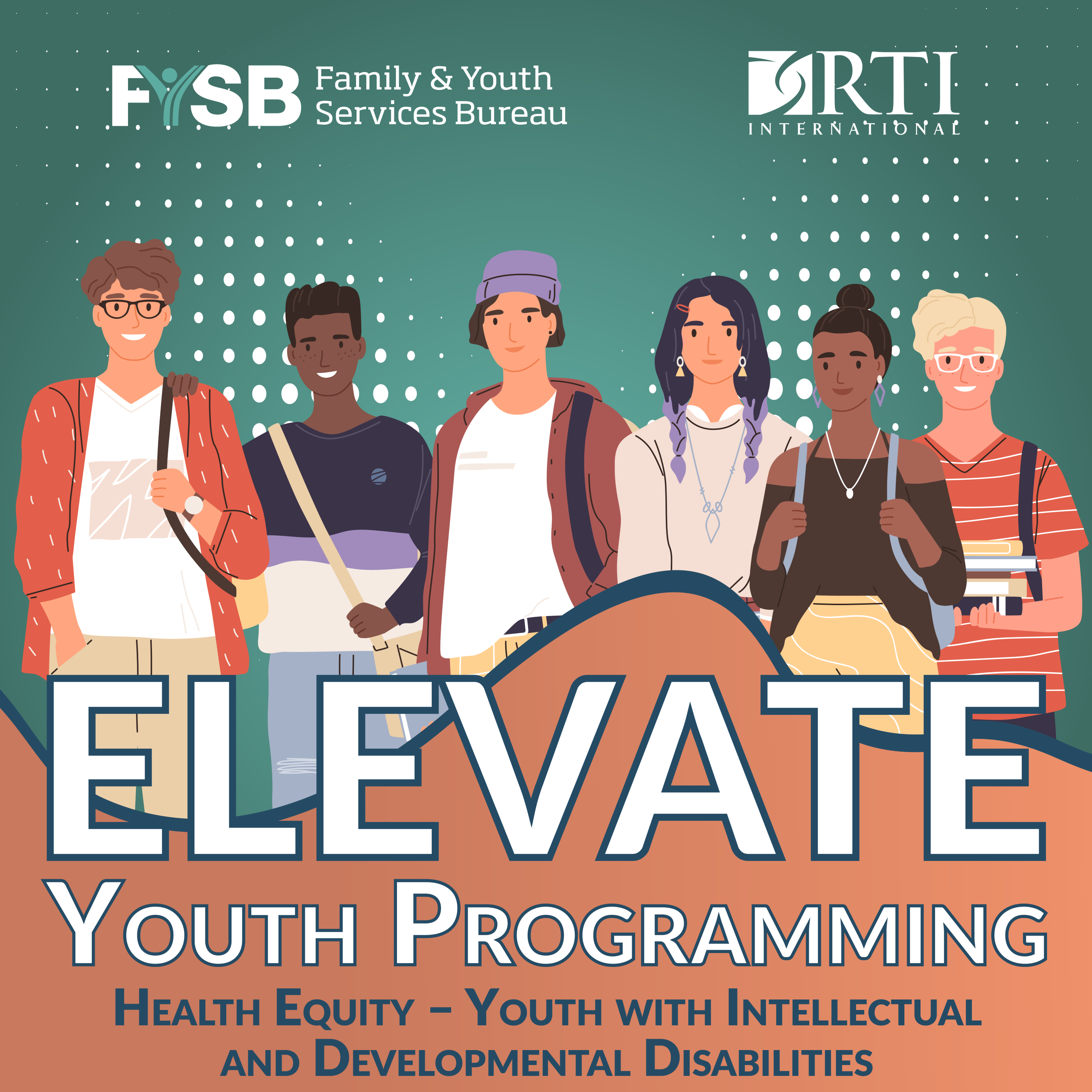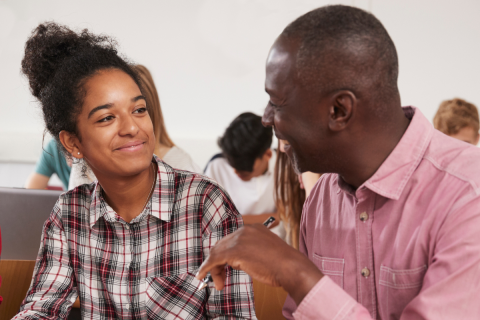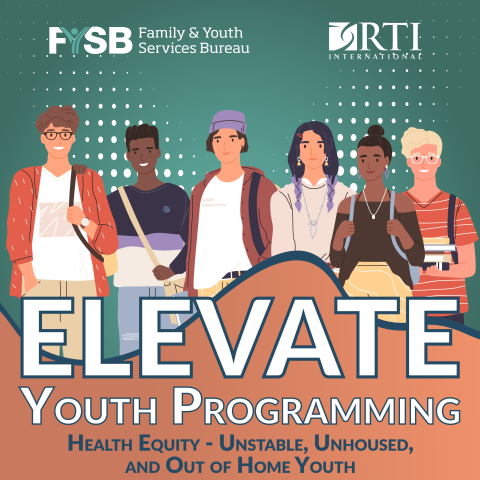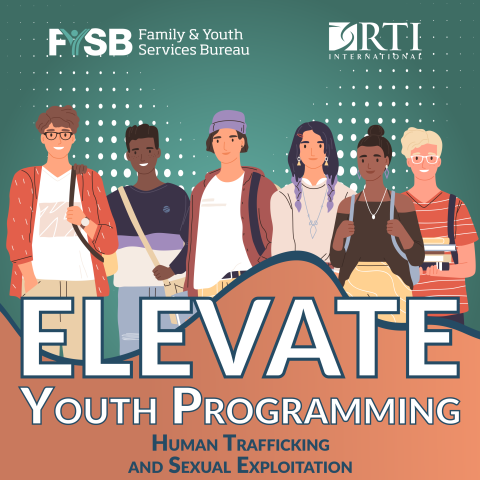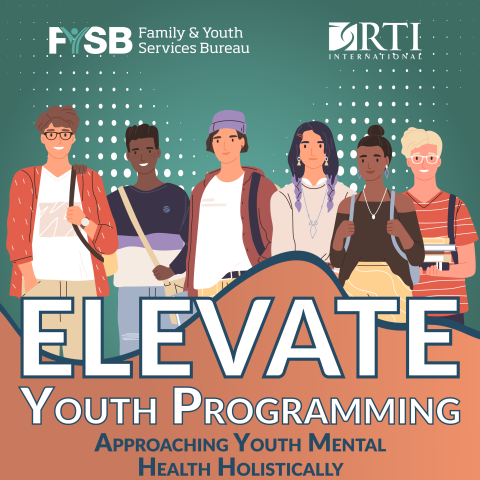Health Equity – Youth with Intellectual and Developmental Disabilities
In this episode, we speak with April Kayser from the Multnomah County Health Department, who coordinates Sexual Health Equity for Individuals with Intellectual/Developmental Disabilities (SHEIDD), or “sheed,” and Nadia Lockheart to elevate a voice of lived experience and learn tips and strategies to advance sexual health equity in working with youth with IDDs. Equity in sexual and reproductive health education and services includes access to comprehensive, high-quality information about sex and sexuality, knowledge about risks and adverse consequences of unprotected sexual activity, access to care, and living in an environment that affirms and promotes sexual health (WHO, n.d.). Youth with intellectual and developmental disabilities (IDDs) are just as likely to be sexually active as their peers who do not have disabilities; however, they are less likely to receive comprehensive sexual education and less likely to report using condoms or prescription contraception at their last sexual encounter (Roden et al., 2020). Youth with IDDs are often at increased risk of (1) high rates of sexual activity at younger ages; (2) teen pregnancy and subsequent early pregnancies; (3) HIV and other sexually transmitted infections; (4) sexual abuse, victimization, or exploitation; and (5) misinformation (Drake et al., 2021).
April Kayser has over 15 years of experience working in social services and public health. She is a member of the Multnomah County Health Department Health Education team where she helps promote health equity by facilitating inclusive comprehensive sexuality education opportunities for young people and supporting school and community partners to strengthen capacity to provide culturally responsive and accessible youth sexual health education. Since 2016, she has coordinated the Community & Adolescent Health Program's community capacity building project, (SHEIDD), where she works alongside Community Advisory Group members to advance efforts to support relationship, sexual, and reproductive rights.
Nadia Lockheart is a Community Advisory Group member for Multnomah County Health Department’s SHEIDD project where she assists with co-facilitation for their organizational capacity building program, co-facilitating Team Work trainings and as a public speaker in numerous community outreach efforts.
The Elevate Youth Programming podcast was developed by RTI International and funded by FYSB. The Elevate Youth Programming content does not reflect the opinions of FYSB nor its training and technical assistance contractors but offers topics to provoke thought and provide grantees with tips and strategies to enhance programming.
References
Drake, P., Unti, L., & Wallace, I. (2021). Personal Responsibility Education Program (PREP) services for youth with disabilities. Administration on Children, Youth and Families, Family and Youth Services Bureau.
Roden, R. C., Schmidt, E. K., &Holland-Hall, C. (2020). Sexual health education for adolescents and young adults with intellectual and developmental disabilities: Recommendations for accessible sexual and reproductive health information. The Lancet: Child & Adolescent Health, 4(9), 699–708. https://doi.org/10.1016/S2352-4642(20)30098-5
World Health Organization (WHO). (n.d.). Sexual health. https://www.who.int/health-topics/sexual-health#tab=tab_1
Resources List
- 10 Principles of Disability Justice — Sins Invalid
- A Facilitator’s Guide to Sexual and Reproductive Health Education for Youth with Intellectual & Developmental Disabilities
- A Sexuality Policy That Truly Supports People with Disabilities
- Community Resources | OHSU
- Creating Equitable Spaces: A Guide for Adolescents and Young Adults with Intellectual and Developmental Disabilities
- Creating Inclusive Sexual Health Content
- Digital Citizenship for Youth with IDD
- Disability Rights and Sexual Health
- In Their Own Words: Guidelines for Supporting the Sexual Health of Young People Experiencing Intellectual/Developmental Disabilities
- Increasing equity in the classroom for youth with intellectual and developmental disabilities: Tips for using classroom accommodations
- Our Whole Lives - Taking a Special Education Approach
- Personal Responsibility Education (PREP) Services For Youth With Disabilities
- Popular Education Workshops | Multnomah County (multco.us)
- Sex Ed for Individuals with I/DD
- Sex Ed for Self-Advocates | Organization for Autism Research
- Sex, Disability and the Direct Support Professional: Ethically Supporting Sexual Choices
- Sexual Health & Youth with Developmental Disabilities | Multnomah County (multco.us)
- Sexual Health Education for Young People with Disabilities - Research and Resources for Educators
- Sexual Health Education for Young People with Disabilities - Research and Resources for Parents/Guardians
- Sexual Health Equity for Individuals with Intellectual and Developmental Disabilities (SHEIDD)
- Sexual Health Resource Toolkit: Adolescent Development
- Sexual Health Resource Toolkit: Internet Safety
- Sexual Health Resource Toolkit: Sexual Abuse Prevention
- Sexual Health Toolkit for Parents of Youth with IDD
- SHEIDD Resource Review Guidance Sheet to Evaluate Curricula for use with Youth with IDDs
- SHEIDD Review of Sexual Health Education Curricula Designed for People with Disabilities
- Teaching Students with I/DD About Sexuality and Healthy Relationships
- Working with Vulnerable Youth to Enhance their Natural Supports



